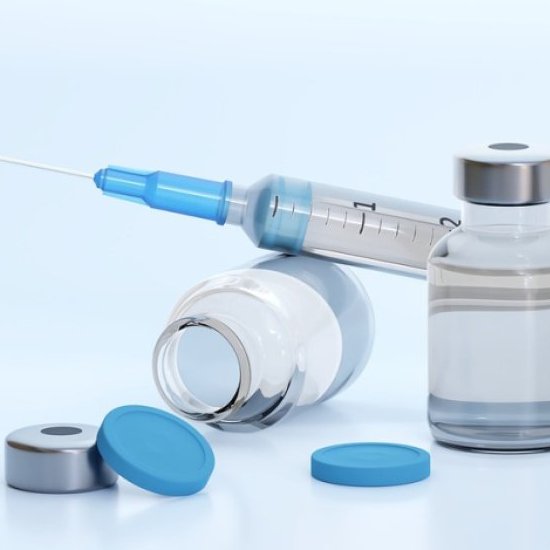
At present, immunization remains a key element in the prevention of infectious diseases. Otherwise, highly contagious diseases (such as diphtheria, measles, poliomyelitis, etc.) will once again spread among the population, leading to death and disability.
Immunization saves lives
The more people immunized, the more lives saved. Globally, immunization saves more than 3 million lives each year.
In addition, immunization, which enhances so-called collective immunity and prevents the spread of certain types of infectious diseases, protects even unvaccinated individuals. The fact is that when a sufficiently large number of people in a community have been immunized, diseases are unable to spread.
Disease outbreaks are a serious threat to public health
Thanks to effective vaccination programs, most people in industrialized countries have never experienced an outbreak of controlled infections and may believe that they are no longer at risk. Moreover, some people believe that vaccination against diseases is more dangerous than the diseases themselves. In some countries, such misconceptions have led to a decline in vaccination coverage and a resurgence of infectious diseases.
Infectious diseases continue to take lives
Although the WHO European Region has the lowest incidence of manageable infections, they continue to account for approximately 32 000 preventable deaths among children under five years of age each year.
Immunization is cost-effective
Immunization is one of those rare services that, despite their very low cost, bring enormous benefits to the health and well-being of the entire population. Funds allocated to the development and implementation of effective health strategies should not be seen as an economic loss but as an effective investment, because good health contributes to economic prosperity, while disease undermines it. A study conducted in 11 Western European countries found that the cost of treating one measles patient was €209-480, while the cost of measles vaccination and control was €0.17-0.97 per person.
Each country has its own National Preventive Vaccination Calendar: it includes a list of infectious diseases against which it is advisable to protect oneself, as well as the age at which it is advisable to be vaccinated. The vaccination calendar does not include all possible infectious diseases against which there are effective vaccines, but only those infections that may have a mass (active) spread in the territory of the country, which may be severe, causing complications and even fatal outcomes.
The National Calendar of Preventive Vaccinations in the Republic of Belarus was adopted by Resolution of the Ministry of Health of the Republic of Belarus No. 42 of May 17, 2018.
According to epidemic indications, vaccinations against rabies, brucellosis, typhoid fever, viral hepatitis A, viral hepatitis B, influenza, diphtheria, yellow fever, tick-borne encephalitis, measles, rubella, leptospirosis, meningococcal infection are performed in Belarus; B, influenza, diphtheria, yellow fever, tick-borne encephalitis, measles, rubella, leptospirosis, meningococcal infection, poliomyelitis, anthrax, tularemia, Haemophilus influenzae type b, plague, epidemic mumps, as well as against COVID-19.
Due to the registration of measles cases in countries in the European Region, it is necessary to plan travel abroad:
- Clarify your and your child's measles immunization status and get immunized if necessary.
- You do not need to be vaccinated against measles before traveling to other countries if you have a record of two measles vaccinations or have had measles (credible evidence).
- You should be vaccinated against measles before traveling to other countries if you have not had measles, or if you have no measles vaccination records or only one vaccination record (for persons over 6 years of age).
- In case of contact with a measles patient, persons who have not had measles and have no documented information on prophylactic vaccination against measles should be vaccinated no later than 72 hours from the moment of contact.
- If you return from a trip abroad and have symptoms of an infectious disease such as fever, rash, sore throat, cough, conjunctivitis (inflammation of the mucous membrane of the eyes), you should immediately contact your doctor and emphasize to him/her the recent return from abroad.



